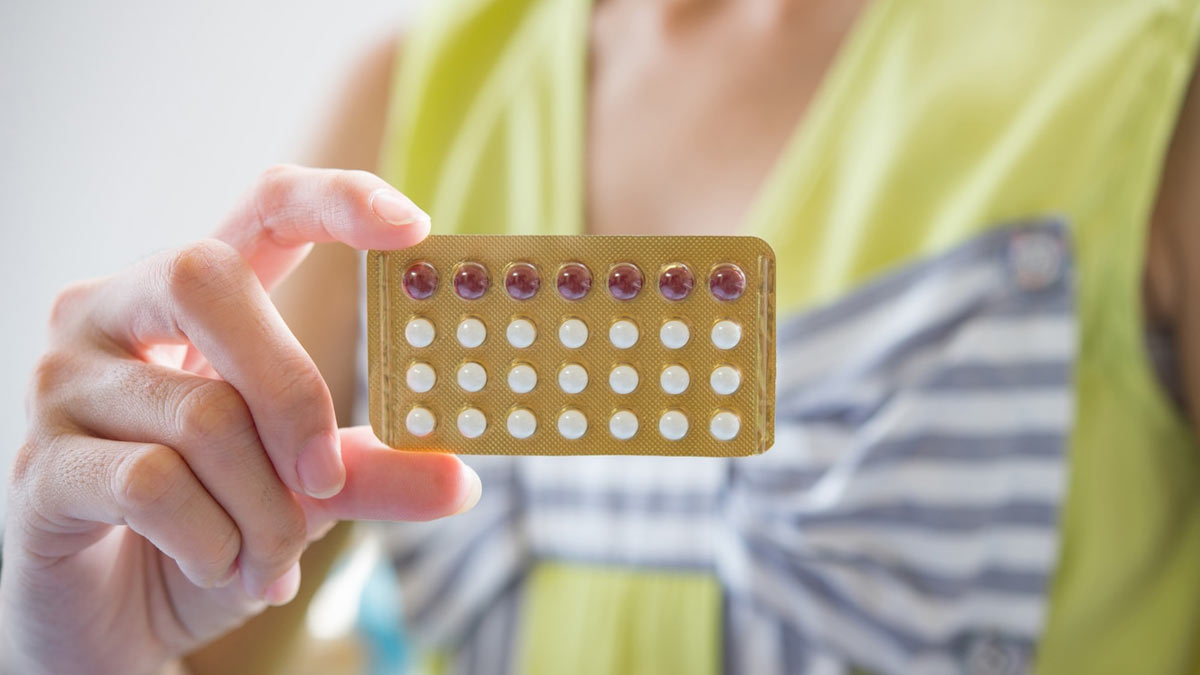
Factors to Consider When Selecting Birth Control Options
Birth control (contraception) is any method, medicine, or device that is used to prevent pregnancy. There are various different birth control methods available that you can use according to your needs.
According to Dr. Ila Jalote, Consultant Obstetrics and Gynecology, Manipal Hospital, Gurugram, there are a few things to consider when choosing birth control options, such as:
- Whether the patient has had any previous pregnancies.
- Whether birth control is for making space between the two babies. If this is the case then if they want the space to be for short-term or long-term.
- Does the patient want a permanent method of contraception?
- Does the patient have any illness like cardiac illness or liver illness?
- Whether the patient is breastfeeding or not.
These factors should be kept in mind before choosing the right birth control option for yourself.
Here is a contraception guide by Dr. Jalote that has all the details you need to choose the best birth control option for you.
Two Types Of Birth Control

There are two types of birth control: temporary method and permanent method.
Temporary Method Of Contraception

1. Barrier Method Or Condoms (Male Condom Or Female Condom)
The use of condoms is one of the safest methods because it is the only one that stops STIs in addition to preventing pregnancies. It also does not have any health problems or side effects. Those who have an allergy to latex can use latex-free condoms.
However, compared to other methods of contraception, condoms have a higher failure rate.
According toPubMed Central, the failure rate for a condom when used perfectly is approximately 3%, and for typical use, the failure rate is 12%.
2. Oral Contraceptive Pills
Oral contraceptive pills are of two types: combined contraceptive pills or progesterone-only pill
A combined contraceptive pill is taken orally by women for a total of 21 consecutive days, then wait seven days before taking it once more for 21 days.
Progesterone-only pill is taken continuously for 21 days.
These contraceptive pills are safe but they can sometimes cause side effects like breast tenderness and nausea. But it usually gets normal with time.
It has a low failure rate. And as soon as you stop taking these pills, you can conceive from next month.
Another advantage of taking pills is that they can regulate periods, prevent heavy bleeding, and ease premenstrual syndrome.
However, pills should be avoided by those with liver diseases or active breast diseases.
Generally, breastfeeding mothers are advised to avoid combined contraceptive pills for the first 6 months as it can cause less production of breast milk. During this time, progesterone-only pills are recommended.
3. Injection
Progesterone Injections are given every three months, however, they cannot be used for longer than two years (maximum eight injections). They are inexpensive and the failure rate is quite low. However, one of their side effects is irregular spotting, and oftentimes, after stopping the injections, it takes up to a year to regain fertility.
4. Intrauterine Contraceptive Device (IUD)
It is a device that is inserted inside the uterus. It stays inside the uterus for 5 years or 10 years. Its side effects on the body are not severe. However, in some cases, chances of spotting and infections are there which can be managed with medical help. In some cases, while inserting the device, inserting complications may also occur. However, the chances of infections and complications are minimal.
Its biggest advantage is that once it's inserted in OPD, you don't have to worry about it. The other advantage includes that as soon as you get it removed, you can start planning a baby.
5. Birth Control Implant
Progesterone Implants are period implants and it has the same benefits and side effects as Progesterone Injections.
Don't miss- Birth Control Pills: Advantages And Disadvantages Explained
Permanent Method Of Contraception
Female Sterilization and Male Vasectomy
Female Sterilization:It is a surgical procedure in which fallopian tubes are blocked or sealed to prevent the eggs from reaching the sperm and becoming fertilised.
Male Vasectomy:It is a surgical procedureto block sperm from reaching the semen that is ejaculated from the penis.
These are permanent methods to prevent pregnancy. Once the surgeries are done, their reversal is only possible through surgery. And if you have opted for tubal ligation, then you have to go for IVF. So this decision must be taken very carefully.
Emergency Contraceptives
Emergency contraceptives are used after unprotective intercourse to prevent unwanted pregnancy. You can take them under 72 hours.
However, these should only be used in an emergency as taking them on a regular basis can result in issues like irregular periods.
Don't miss- Birth Control Options In India That Every Woman Should Be Aware Of
For more such stories, stay tuned to HerZindagi
Herzindagi video